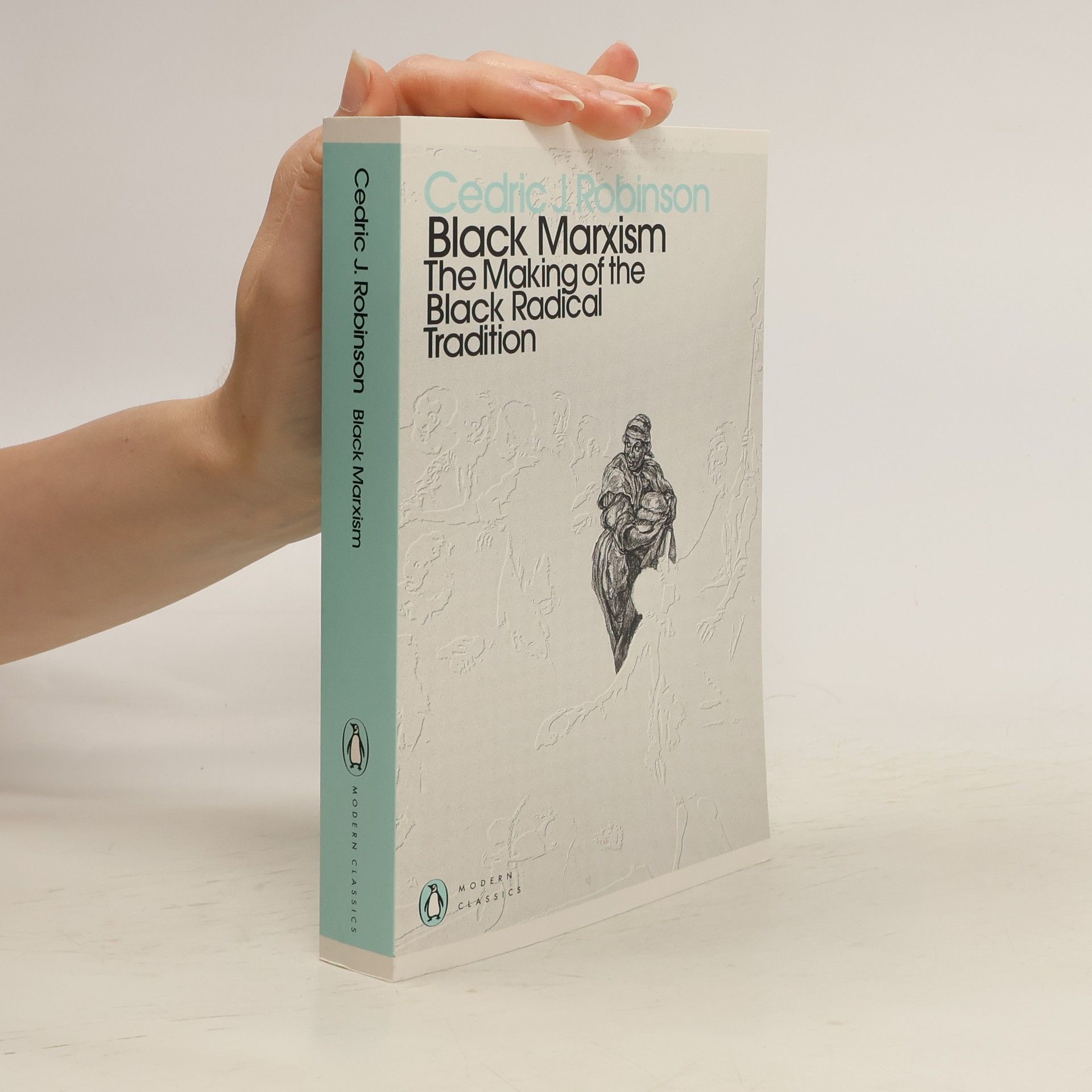The book explores the intersection of race and capitalism, examining the emergence and limitations of European radicalism. It begins with an analysis of racial capitalism, highlighting the nonobjective nature of capitalist development and its effects on society. The narrative delves into the English working class, discussing the impact of poverty and industrial capitalism, and the relationship between English labor and Irish workers. It questions the role of socialist theory in relation to nationalism, tracing the evolution of socialist thought from Babeuf to Marx and its implications for understanding class struggles. The second part focuses on the roots of Black radicalism, detailing the transmutation of Africa and the consequences of the African diaspora. It critiques American historical narratives that obscure the African past and examines the historical relations between Africa and Europe, including the influences of Islam. The discussion extends to the Atlantic slave trade, emphasizing the role of African labor within the context of global capitalism and the economic systems that emerged from it. The work culminates in a historical archaeology of the Black radical tradition, offering insights into the enduring legacy of these struggles in the face of systemic oppression.
Cedric J. Robinson Livres
Cedric Robinson fut un érudit de premier plan dont le travail a exploré les intersections de la philosophie politique, de la théorie sociale radicale et de la diaspora africaine. Ses analyses perspicaces ont exploré les relations complexes entre les médias et la politique, offrant une perspective unique sur les problèmes sociaux contemporains. Les contributions intellectuelles de Robinson ont considérablement façonné les discussions au sein des études noires et de la science politique.



An Anthropology of Marxism
- 208pages
- 8 heures de lecture
A major work on Marxism by one of the world's most influential black scholars
Black Marxism, Revised and Updated Third Edition
The Making of the Black Radical Tradition
- 498pages
- 18 heures de lecture
The book critiques the limitations of Marxist theory in understanding Black resistance, arguing that it often overlooks the agency of Black individuals and communities. Cedric Robinson emphasizes the importance of connecting Black radicalism to African traditions and the distinct experiences of Black people in the West. He advocates for a more nuanced analysis of African American history that recognizes these influences, challenging conventional historical narratives that prioritize European perspectives.